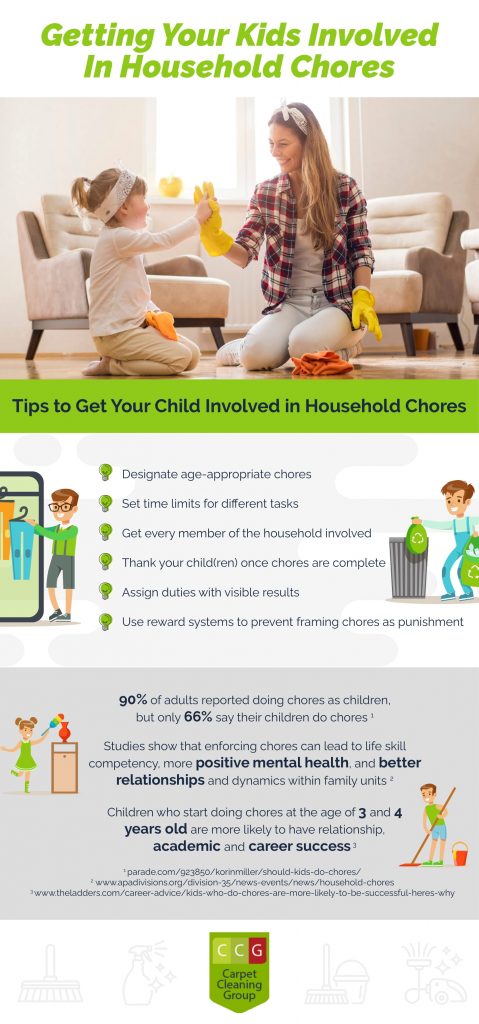Effective Strategies For Incentivizing Children To Engage In Household Chores
 Being a parent means a lot of things, but more annoying than anything, it often means doubling as a personal maid or butler of the home. Young children are rarely ever respectful of the spaces in the home and end up messy quicker than many parents can handle. If this situation seems too familiar for you, don’t fret. There are effective ways to change the way your children view chores; it will just take some patience and clever thinking on your behalf.
Being a parent means a lot of things, but more annoying than anything, it often means doubling as a personal maid or butler of the home. Young children are rarely ever respectful of the spaces in the home and end up messy quicker than many parents can handle. If this situation seems too familiar for you, don’t fret. There are effective ways to change the way your children view chores; it will just take some patience and clever thinking on your behalf.
Transforming A Child’s Outlook
It’s imperative to try and have kid’s take a different outlook on these tasks. Accepting responsibility for chores around the home will be difficult for children to accept. Throughout the younger years, many children will hate chores as it’s something that requires time away from their hobbies. Rather than allowing them to look at it this way, parents must find a way to instill a different outlook in their children. That begins with a discussion between parents and children.
This discussion will have to be framed around the fact that labor and contributions around the home aren’t to be considered punishment for children. When children feel as though the cleaning they’re doing is for the sake of easing the burden on their parents, it can be much easier to accomplish for them. For parents with multiple children, it’s also important to establish a dynamic of fairness, so one child in particular shouldn’t be burdened with all the chores, it should be spread out equal amongst siblings.
For some tips to increase the likelihood of your children helping around the house, continue reading.
Age Appropriate Chores
Parents must do their best to explain that no sibling will ever be free from these chores. As mentioned previously, finding a way to evenly split these chores is imperative. In most cases, parents will look to chore charts, which provides a visual of the different chores expected of the children on a given week. Parents can then rotate the roles of these chores each week, allowing each child an opportunity to learn how to complete each chore while perhaps lightening the load on a child who had a tougher chore week.
Here’s a few ways that those chores are typically separated:
Toddler Chores (Pre-school aged)
- Return toys to storage bins
- Dispose of their trash
- Pour food into pet bowls (with parent supervision)
Younger Children (Elementary-school aged)
- Clean up and disinfecting of spills
- Setting the table before a meal
- Watering house plants or garden vegetables
- Dish duty, or loading the dishwasher
Effectively Tying It Together
While many parents are aware of the benefits of a clean home, children’s minds are often more focused on the fun rather than the function. Parents should feel pride in instilling healthy habits such as these into their children and will be thankful when their children grow into cleaner adults. Parents must be mindful of the expectations they place on their children and should regularly thank them for any of the work they contribute to the home. Enough repetitions and your children will more than likely help without having to be asked.
For more helpful tips and strategies to keep the entire family involved, take a minute to review the infographic included alongside this post. Courtesy of Carpet Cleaning Group.
